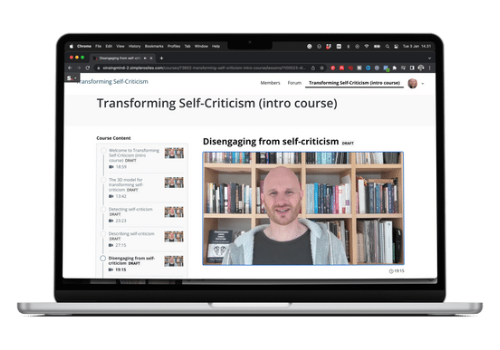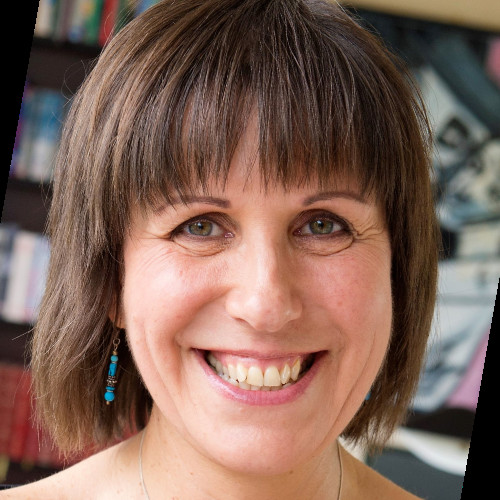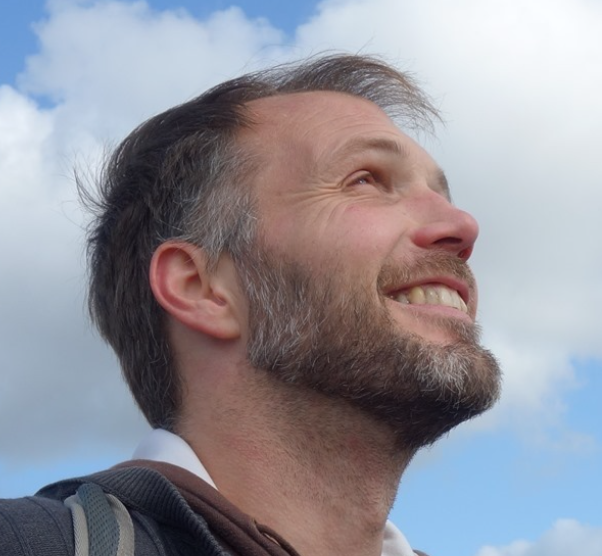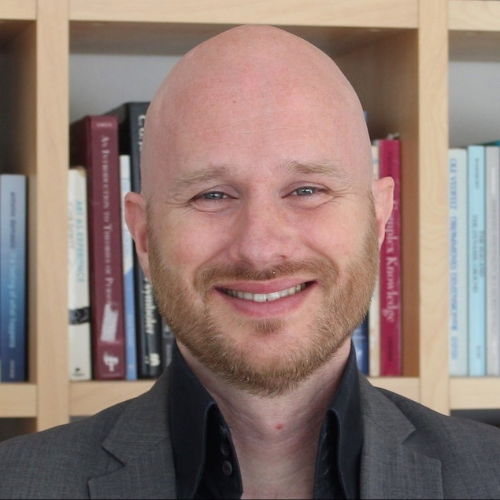Stay in Touch
Subscribe to Sensing Mind Institute’s newsletter to be kept up to date with publications, workshops, and special newsletter exclusives.
Self-criticism is often an unhelpful and counterproductive way of pointing to forgotten or misunderstood resources in yourself
This course reveals a systematic and rigorous approach to working with self-criticism that helps you discover secret resources you didn’t know you had
The course helps you find a natural and effortless sense of confidence, vitality, peace, connectedness, joy and love

What you get
What people say about the book and the course



Over the last couple of decades, I have studied various traditional and contemporary paths of personal development. In particular, I have studied the Enneagram with Claudio Naranjo, Tibetan Buddhism with Chökyi Nyima Rinpoche, and the Diamond Logos essence work with Faisal Muqaddam, Jeremy Klein, and Velusia Van Horssen. I also hold a master practitioner degree in NLP.
I did my doctoral research at Cranfield University, the UK. I researched how I could use modern cognitive science to understand the practices of personal development I had learned from the above-mentioned masters. In particular, I used cognitive metaphor theory and theories of embodied cognition. Sixty managers from various organisations participated in the research. The research is published in the book Sensory Templates and Manager Cognition: Art, Cognitive Science and Spiritual Practices in Management Education and in several book chapters and academic papers on topics, such as education, therapy, cognitive science, leadership, and community building.
Today, I have established a school, Sensing Mind Institute, where I teach my methods of personal development to therapists, psychologists, counsellors, managers and others who work professionally with people. Apart from my work with Sensing Mind Institute, I am lecturing on entrepreneurship, community building, and co-creation at Copenhagen Business School and at The Royal Academy of Music in Copenhagen.
I have a background in music, dance, and physics. In my teaching, I emphasise kindness, precision, and humour.
